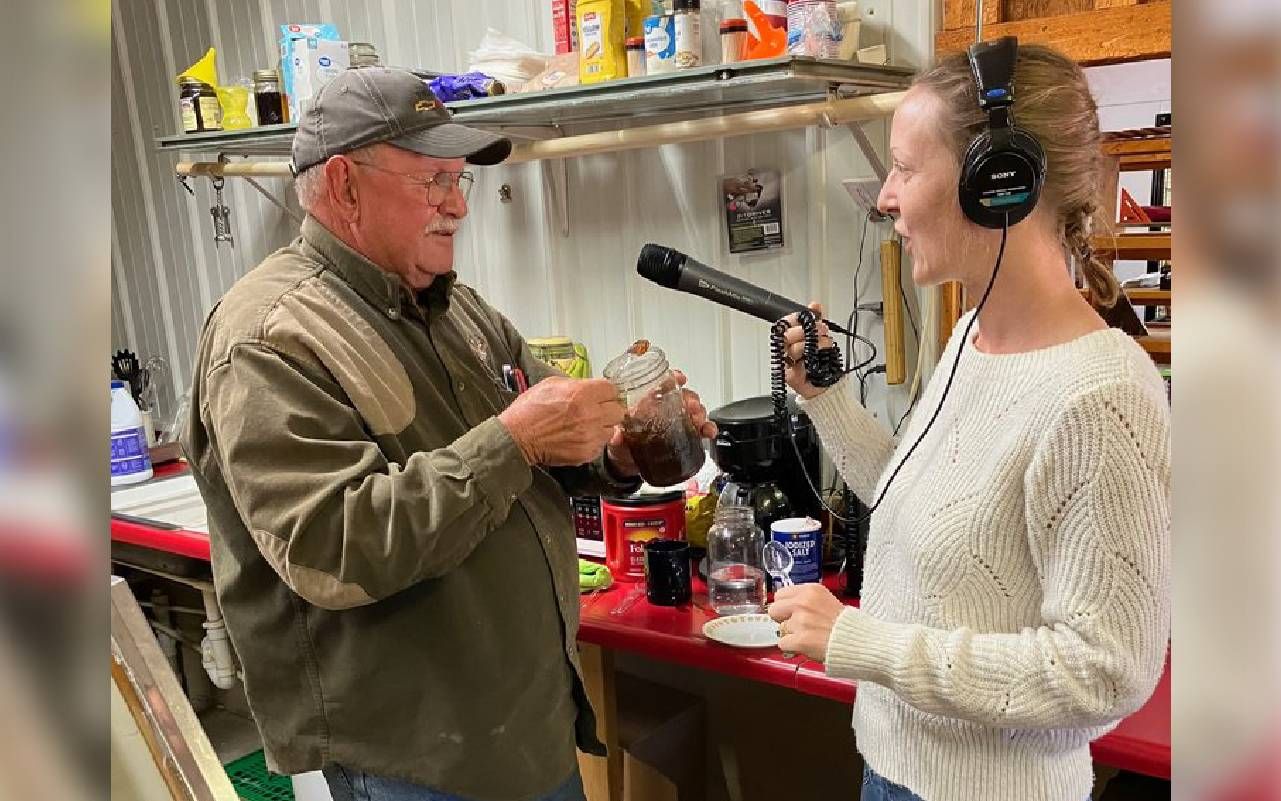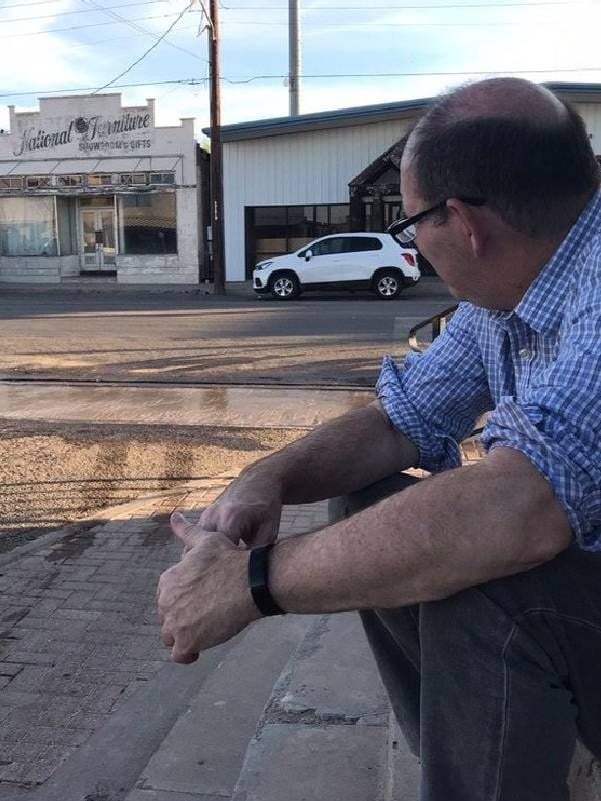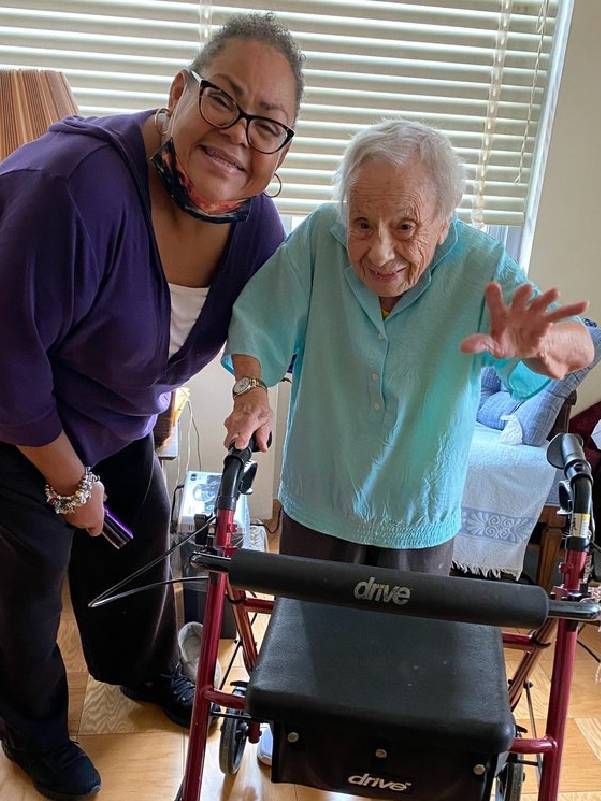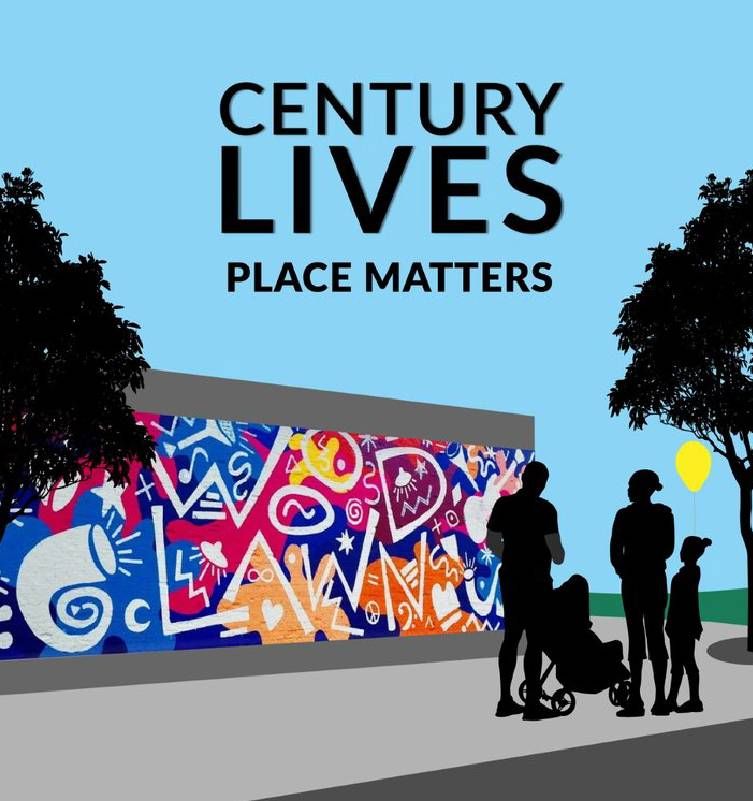Community Connections Help Residents Overcome Challenges and Age Well
The third season of the 'Century Lives' podcast travels from Presidio, Texas to the Bronx and explores how place matters
Life expectancy in the United States is significantly impacted by socioeconomic status, with affluent communities having higher life expectancies and poorer ones having lower ones. In impoverished areas, there is greater variability in life expectancy rates. Season three of "Century Lives," the podcast series from the Stanford Center on Longevity, is devoted to exploring how where one lives can influence health outcomes as well as how long one lives.

The podcast host, Ken Stern, and his team travel from West Texas to the Bronx, visiting poor and working-class communities that defy trends regarding healthy aging and life expectancy.
"One of the things that surprised me is how important the direct connection between social networks and social capital is to health."
"One of the things that surprised me is how important the direct connection between social networks and social capital is to health," Stern, 59, told Next Avenue. "If you'd asked me before the episodes why do some get the gift of a longer life and others don't, I would have said health care is the most important, but most of 'health' takes place outside of doctor's offices. We really underestimate the importance of networks, and on the other side, how loneliness and isolation affect our health," added Stern, who also is a bestselling author and the former CEO of National Public Radio.
In Episode 1, Stern visits Presidio County, Texas, one of the poorest and top ten longest-lived counties in the country, to explore its unique story of flourishing despite poverty and lack of health care access, and what we can learn from it. Presidio is an outlier when it comes to longevity, with an average life expectancy of 85 years old, which is the ninth highest in the United States.
The Impact of Family Structures
Despite having limited access to medical care in this 12,000 square mile area, the community's strong social supports contribute to their long life spans. Presidio is 83% Latino, and the culture of close-knit multigenerational households provides strong family ties that help sustain people's health and well-being.
Studies show that where you live, work and play, as well as social supports, access to healthy food and green spaces, and community engagement, all affect health outcomes. Despite limited access to medical care, Presidio's strong family structures contribute to its residents' health and longevity.
Episode 2 of "Century Lives: Place Matters" discusses the recent life expectancy history in America. Despite being one of the wealthiest nations in the world, the United States has a shorter life span than its economic-peer nations. The episode "American Exceptionalism" explores the reasons behind this and suggests ways to improve it for a longer life.
A Tight-Knit Community
The podcast highlights how Italian immigrants settled in Roseto, Pennsylvania, where generations lived in one household and had lower rates of heart disease and other death causes. This was attributed to the tight-knit community where elders were revered, and people nourished each other.

However, as Roseto became more Americanized, the community dissipated, and the quality of social ties weakened. This nationwide trend of spending more leisure time in isolated contexts and participating less in communal activities is challenging to measure but has a causal effect on mortality, as humans rely on social support during difficult times.
Marc Gourevitch, M.D., professor and founding Chair of the Department of Population Health at the NYU School of Medicine, confirms that life expectancy varies by neighborhood.
"Beyond income, factors such as education, exposure to air pollution, housing conditions, access to healthy food and public safety contribute to these variations," Gourevitch told Next Avenue.
Gourevitch added that Naturally Occurring Retirement Communities (NORCs), or places where services cater to the needs of aging individuals, allowing them to age in place without disrupting their community, offer many physical and psychological advantages.
"Aging in place within a connected community that provides necessary services offers advantages such as reduced social isolation, improved mental and physical health, and a smoother transition into late life. The NORC model allows for this type of aging in place, creating a sense of community and social cohesion that can benefit individuals as they age," Gourevitch said.
Episode 3 is dedicated to Co-op City, an affordable, working-class NORC in the Bronx with high life expectancies despite being in the least healthy county in New York. The podcast investigates the link between affordable housing and health and explores why the residents of Co-op City choose to stay there as they age.

Sherron Clarke, a lifelong New Yorker, spent most of her life in the lower Bronx before moving to Co-op City 28 years ago for a better cost of living. Clarke, who is now retired, is the president of the Bartow Swingers, a line dance group made up of older adults ranging from 60 to 99 years old. The group meets three days a week, on Monday, Wednesday and Friday, and has a varying number of members, ranging from 50 to 70 people.
"The joy is being around other people who like to do what I like to do," Clarke told Next Avenue. "It's not only line dancing, it's exercising, it's a sisterhood and brotherhood, and we share information with each other. We look forward to the three days that we are with each other. When we notice someone is missing, I call them, I check on them. I send them goodies if they're not well," she added.
Dancing is just one of many activities Co-Op City residents can engage in. Merianne Fabian, the program director at the Jewish Association Serving the Aging (JASA) Co-Op City NORC Senior Services Program, told Next Avenue that the organization offers a variety of classes and activities, including acrylic painting, among others.
Why Socialization Matters
"The most popular ones are line dance with the Bartow Swingers and acrylic painting classes. The NORC offers these classes in person and virtually," Fabian says, adding "During these classes, our older adults have the opportunity to learn, exercise, have fun, meet with others and make new friends. This time makes a difference to our clients, especially the ones who live alone because they have an opportunity to socialize with others, keep their minds busy and enjoy themselves."
The idea of socialization and weak ties, or the people you're more acquainted with, is something Stern and his producers explore in Episode 4 of the "Century Lives" podcast, when they visit Eastern Kentucky, specifically Wayne County, an area which historically was one of the most underserved and isolated areas of the country.
"The joy is being around other people who like to do what I like to do,"
Despite being in a region struggling with drug addiction, job loss and declining life expectancy, Wayne County stands out as a bright spot, where residents live an average of four years longer than neighboring counties. The episode focuses on the impact of social cohesion and weak ties on the health of the community.
Although it is a poor area with a high poverty rate, a quarter of the population smokes, and is in the diabetes belt, Wayne County has a life expectancy of about 76 and a half years, which is four years higher than other economically distressed areas in the country. The county seat is a tight-knit community with social cohesion and strong bonds, where people are friendly, open and caring.
The Quilt Guild, a club of about 60 women who love to quilt, is the heartbeat of the community. The podcast explores the role of social cohesion in the health of the community and how it can strengthen the immune system. While the area has been affected by drug addiction and generational trauma, the community comes together to celebrate and grieve, and benefits are raised for local causes.
Rebuilding a Community From Within
Finally, in the fifth episode, Stern visits Woodlawn, a neighborhood in Birmingham, Alabama, which has historically suffered from disinvestment. Through community efforts, Stern explores how health can improve when the residents come together to rebuild from within.

Mashonda Taylor, 39, the executive director of Woodlawn United, has a deep connection to Birmingham and a passion for improving the city. She briefly returned in her teen years but moved back for good after Hurricane Katrina and saw the problems of a broken education system, entrenched poverty and a history of racism that had created a class and race issue.
Woodlawn United is an organization that works on the purpose-built model with four pillars: education, housing, wellness and economic vitality, to create generational wealth in the community. With 18 new businesses opening in the past 18 months, the intentionality of being in Woodlawn has made it a place where businesses want to come, Taylor told Next Avenue.
"Woodlawn United takes on the role of quarterback; we have forged partnerships with 40 different entities including private, public and nonprofit organizations. Our collective efforts are geared towards a common objective of enhancing our capacity in terms of human and financial capital. By working collaboratively and avoiding redundant services, we strive to achieve our shared goal," Taylor said.
She added, "In Woodlawn, we are faced with an aging population. In the past, our focus has been on the birth-to-career continuum. However, our residents have consistently requested a common space where they can come together. Our approach is multigenerational, with a holistic conversation that considers the needs of all groups, including grandparents who play a vital role in the lives of their grandchildren."


